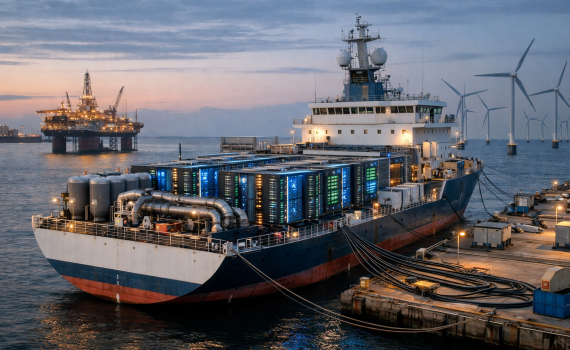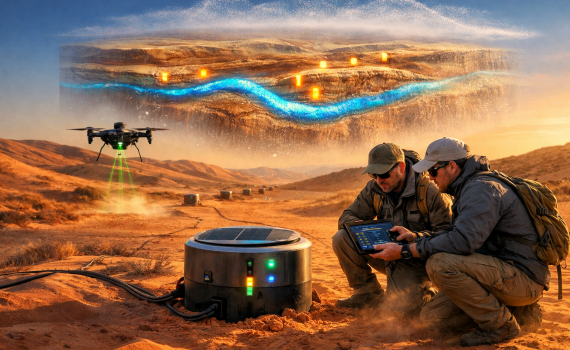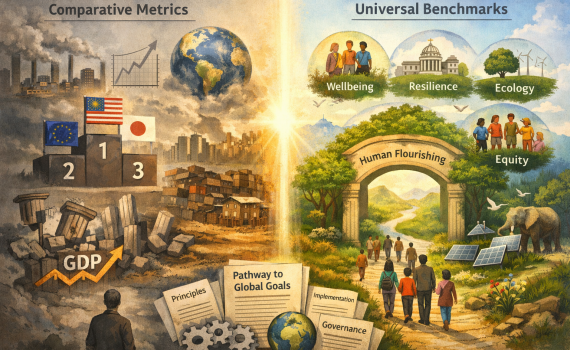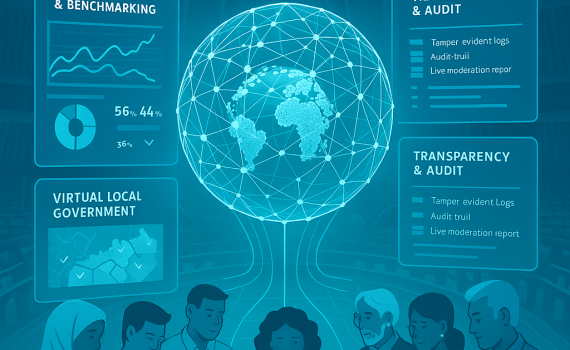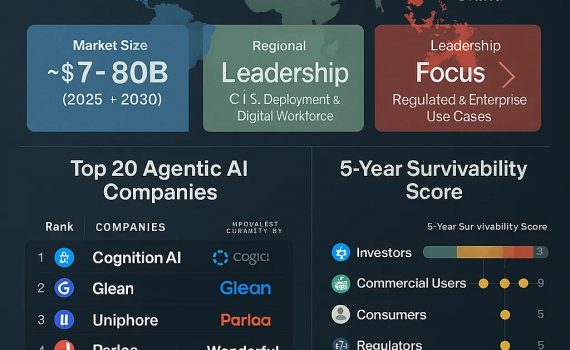Ship-based AI compute platforms transform ships into mobile, sovereign data centers—bringing compute directly to power, ports, and fiber. This article breaks down the real-world architecture, economics, and use cases behind floating AI infrastructure.
future ideas
Project MESOM proposes a new approach to subsurface intelligence. By fusing seismic, electromagnetic, and AI driven sensing into a single system, it enables continuous underground monitoring, predictive risk detection, and data driven decisions for infrastructure, mining, and urban resilience.
For decades, development has been measured by ranking countries against one another. This article argues that such comparisons are no longer viable—and proposes universal, non-comparative benchmarks grounded in planetary boundaries, human dignity, and adaptive capacity as a new foundation for global progress.
The Global Ocean Institute is a bold proposal for a NASA-scale organization dedicated to ocean exploration, climate resilience, and long-term planetary stewardship—transforming humanity’s relationship with the sea.
The Virtual United Nations is a practical blueprint for updating global governance for the digital age. It outlines how mobile-first participation, stakeholder-driven design, and strong anti-capture safeguards can make international cooperation faster, more inclusive, and more resilient.
This Business Idea Scout Chronicle analyzes which agentic AI companies are likely to survive and scale over the next five years, and which face consolidation or failure.
